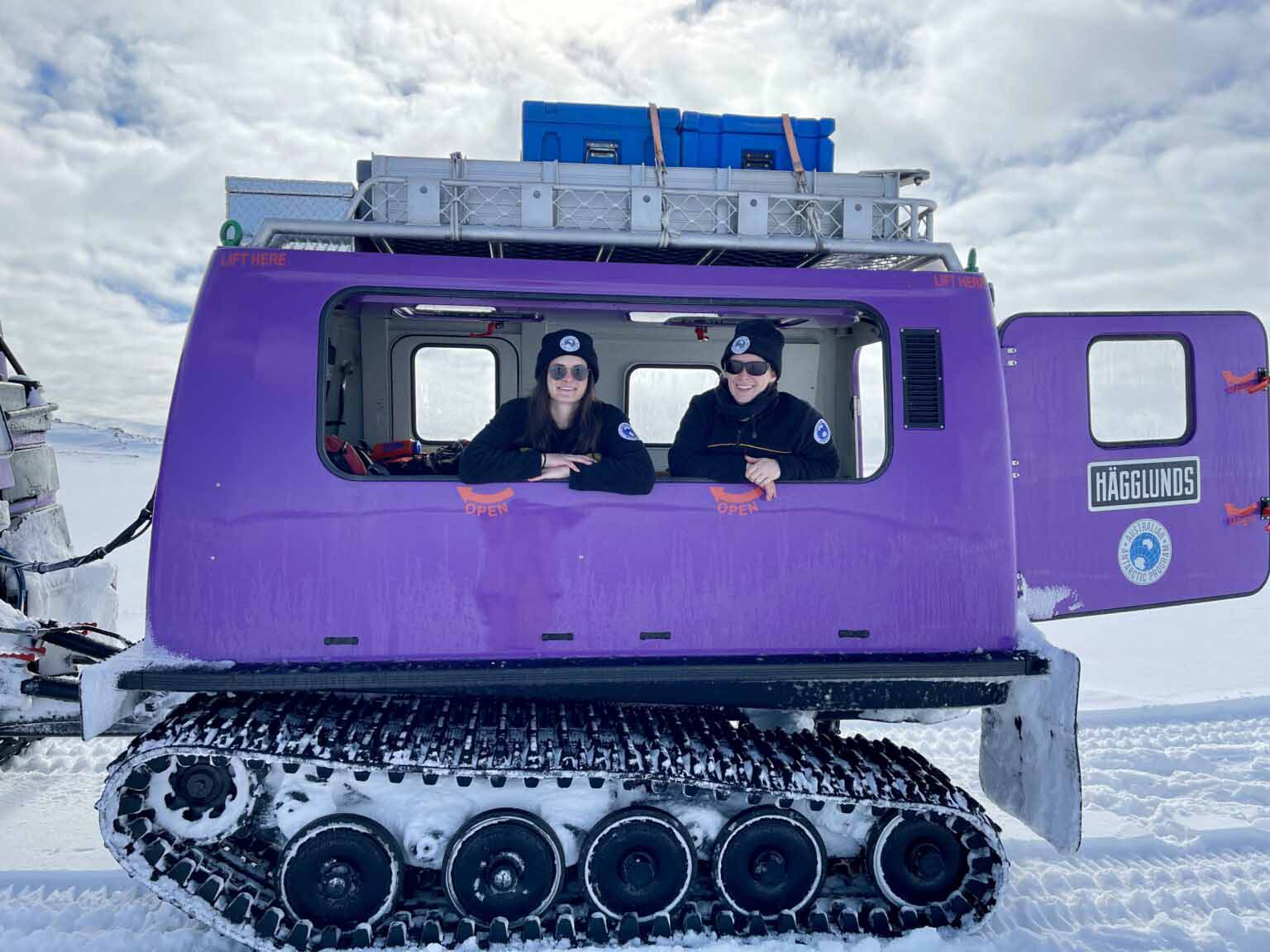When Tasmanian astronomer Louis Bernacchi first arrived in Antarctica in 1898, he emphasized the critical role of Antarctic exploration in advancing scientific knowledge. Over the ensuing decades, scientific efforts in Antarctica have encountered unique challenges from both geopolitical tensions and environmental threats.
Australia maintains four permanent research stations on Antarctica, hosting hundreds of researchers and support personnel. These stations conduct crucial activities such as monitoring local ecosystems, studying geological changes, and preserving historical biological data. Despite the extreme conditions and isolation, life on these bases fosters a communal spirit, with shared responsibilities and communal meals.

The research conducted in Antarctica extends beyond understanding the continent itself; it serves as a vital archive for global history and a predictor of future climate trends. For instance, recent studies by Australian researchers have utilized preserved ancient ecosystems to forecast climate change impacts.
Professor Steven Chown, director of Securing Antarctica’s Environmental Future (SAEF), emphasizes the significance of international scientific collaboration in preserving Antarctica's environmental integrity. He underscores the Antarctic Treaty's role in safeguarding the continent for peaceful purposes since its negotiation in 1959, amidst Cold War tensions that led to its demilitarization.
Today, Antarctic research faces risks from increasing international interest and tourism, which have grown significantly despite ongoing regulatory challenges. While tourism can raise awareness and support conservation efforts, it also poses risks to Antarctica's delicate ecosystem.
Climate change remains the most urgent threat to Antarctica, with visible effects including glacial retreat, ice shelf collapses like Larsen B, and altered precipitation patterns. These changes not only impact local habitats but also contribute to global sea level rise, affecting coastal communities worldwide.
In conclusion, Antarctica's conservation is not just about protecting a remote habitat but safeguarding global interests in sustainability and climate resilience. Australia's commitment to Antarctic preservation since 1959 underscores the need for continued international cooperation and stewardship to mitigate the impacts of human activity and climate change on this critical continent.
